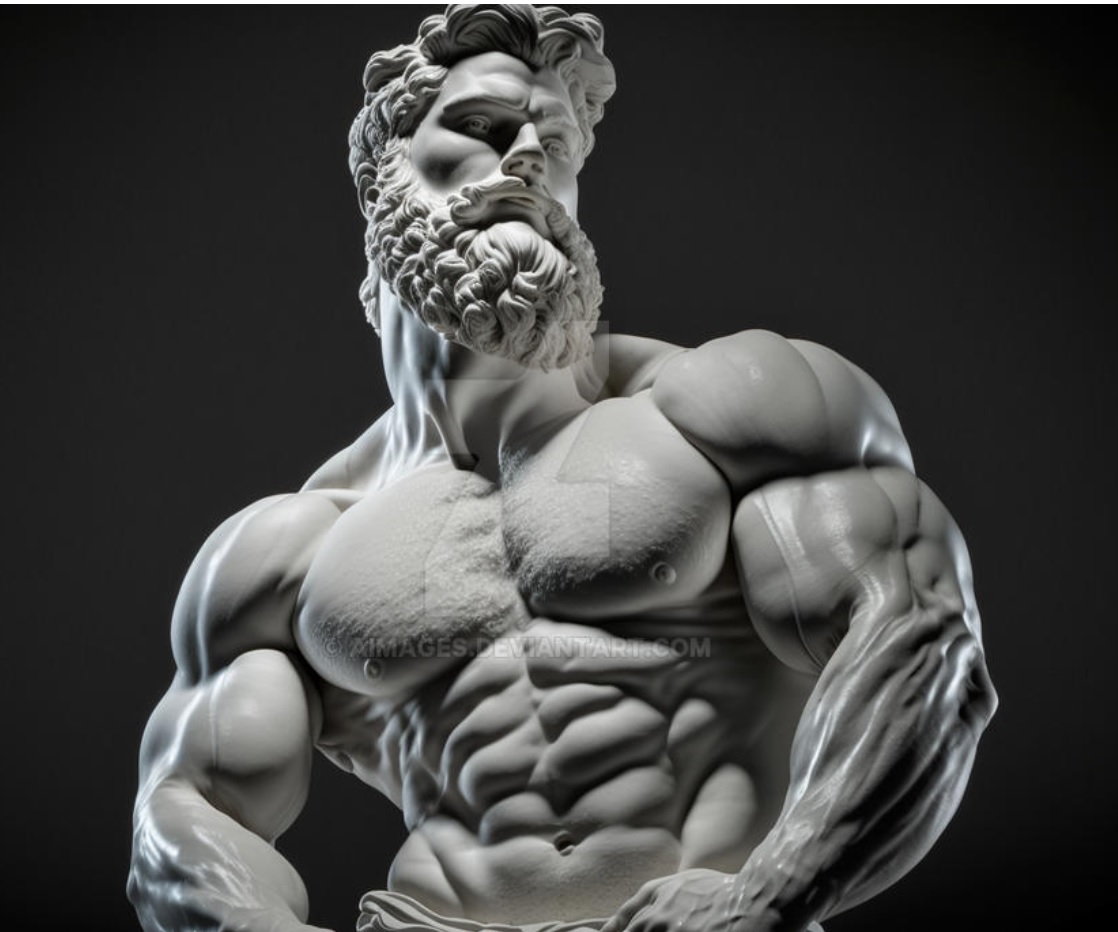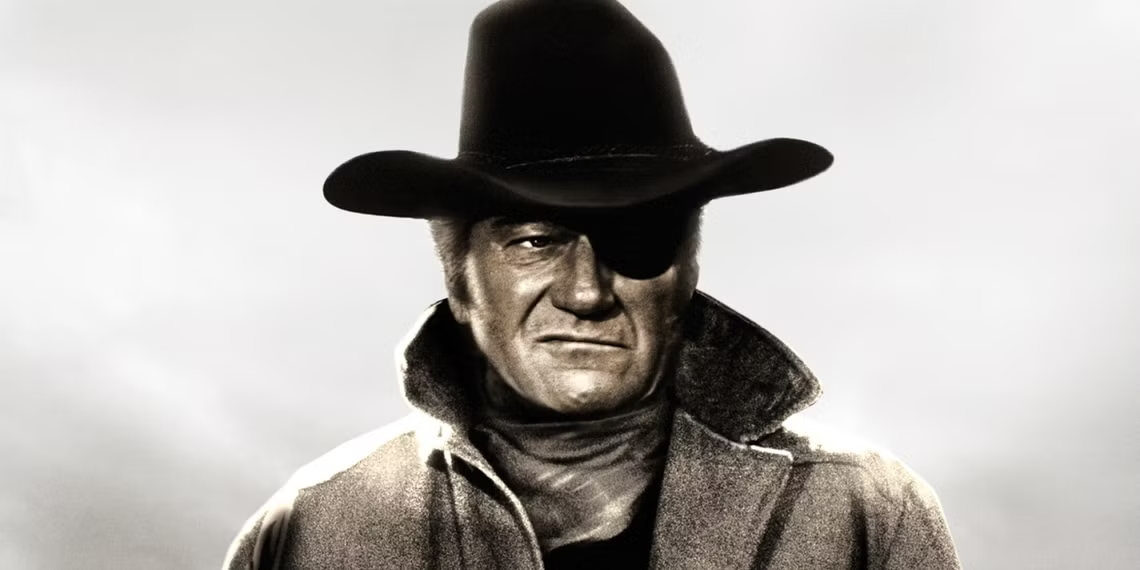Understanding the Importance of Manhood in Today’s Society
Manhood, in all its complexities, continues to hold a significant place in our society. The concept of what it means to be a man has evolved over time, influenced by cultural shifts, changing norms, and societal expectations. While the traditional notions of manhood may have been challenged and redefined, the significance of embracing positive and authentic expressions of masculinity remains undeniable. In this article, we delve into the multifaceted aspects of manhood in the modern era, exploring its historical perspectives, discussing the challenges faced by men, and highlighting the need to rediscover and nurture healthy expressions of masculinity. By examining the enduring relevance of manhood, we aim to shed light on its impact on individuals, relationships, and society as a whole.
Manhood in Perspective
The word manhood describes two distinct concepts: the adult period in a man’s life, and the qualities that make him a man (such as strength and courage). Some people believe that a boy reaches manhood when he hits puberty, while others maintain that manhood is based on becoming independent and responsible. However, in today’s society, manhood encompasses much more than just biological attributes. It encompasses a set of ideals, values, and expectations that define what it means to be a man. From being strong and independent to taking responsibility and providing for one’s family, manhood is a complex and multi-faceted concept that influences how men perceive themselves and how society views them.
The Relevance of Manhood in Todays World
In an era where gender roles and expectations are constantly evolving, some may question the relevance of manhood. However, manhood still matters because it plays a vital role in shaping individual identities and relationships. Understanding and embracing manhood allows men to navigate the complexities of life and relationships, fostering personal growth and fulfillment. Moreover, manhood provides a framework for men to contribute positively to society, promoting a sense of purpose and responsibility.
Exploring Traditional Notions of Manhood
Throughout history, cultural and societal norms have shaped the concept of manhood. From ancient civilizations to modern times, various cultures have defined manhood in different ways. These definitions are often influenced by factors such as religion, social hierarchy, and economic conditions. Understanding the historical context allows us to appreciate the diverse perspectives on manhood and how they have shaped our present understanding.
Traditional Roles and Expectations
Traditional notions of manhood often emphasized qualities such as physical strength, courage, and the ability to provide for one’s family. Men were expected to be the primary breadwinners, protectors, and leaders. Concepts like chivalry created a sense of purpose and identity for men within their communities but also imposed limitations and expectations that could be challenging to fulfill. As society changed, so did these expectations, leading to the emergence of new forms of masculinity.
The Crisis of Manhood: Discussing Challenges and Pressures Faced by Men
While the changing landscape of masculinity offers new possibilities, it also presents challenges and pressures for men. Societal expectations, coupled with the pressure to conform to traditional norms, can lead to mental health issues such as anxiety and depression. The idea expressions of masculinity and manhood are by definition toxic (Toxic Masculinity) furthers the disconnect. Men may struggle to express vulnerability or seek help due to societal stigmas. Recognizing the importance of mental health support for men and promoting open dialogue is crucial in addressing this crisis.
The Influence of Media and Society
Media and society play a significant role in shaping perceptions of manhood. Traditional stereotypes and unrealistic portrayals of masculinity in movies, advertisements, and social media can create unrealistic expectations and contribute to feelings of inadequacy. The other common stereotype is the bumbling and feckless father who is portrayed as incompetent and stupid. By promoting better more diverse and relatable representations of men, we can help counteract the negative effects of media and create healthier and more relatable ideals of manhood for future generations.
Embracing Masculinity in the Modern Era
In a world that is constantly evolving, so too should our understanding of masculinity. It’s time to break free from the narrow, stereotypical definitions of what it means to be a man. Authentic manhood embraces a wider spectrum of qualities and characteristics that go beyond traditional norms. It’s about recognizing that strength can be found in vulnerability, and that kindness and empathy are not signs of weakness, but rather important traits that contribute to a well-rounded individual.
The Importance of Emotional Well-being
Men, just like anyone else, experience a full range of emotions. However, societal expectations often discourage emotional expression and encourage bottling up feelings. This has detrimental effects on mental health and overall well-being. It’s crucial for men to prioritize their emotional well-being, whether it’s through therapy, self-reflection, or seeking support from loved ones. By acknowledging and addressing our emotions, we can lead healthier and more fulfilling lives.
Encouraging Healthy Expressions of Masculinity
Emotional intelligence, or EQ, is the ability to recognize, understand, and manage emotions effectively. It is a skill that can be cultivated and is essential for building strong relationships and navigating life’s challenges. Encouraging the development of emotional intelligence should be a priority for men. By honing this skill, men can become better partners, fathers, friends, and leaders, fostering healthier and more fulfilling connections with those around them.
Communication and Vulnerability
Open and honest communication is a cornerstone of healthy relationships. For men, breaking down the barriers that prevent vulnerability can lead to more meaningful connections. It’s important to challenge the stigma that vulnerability is a sign of weakness. Instead, we should embrace vulnerability as an opportunity for growth and genuine connection. By expressing our thoughts, feelings, and fears, we create an environment where others feel safe to do the same, fostering stronger bonds and deeper understanding.
The Role of Fathers and Male Mentors
Fatherhood is an ever-evolving concept in the modern era. Men have the opportunity and responsibility to be positive role models for their children, challenging outdated gender stereotypes and teaching them the value of equality and respect. By actively engaging in their child’s life and modeling positive behaviors, fathers contribute to the development of well-rounded individuals who can navigate the complexities of the world with confidence and compassion.
The Influence of Male Mentors
In addition to fathers, male mentors play a pivotal role in guiding the next generation. Whether it’s through coaching, teaching, or volunteering, male mentors provide valuable support and guidance to young individuals. By sharing their experiences and knowledge, they inspire and empower the younger generation to embrace their own unique qualities and aspirations. Male mentors help to shape the future by instilling confidence, compassion, and resilience in those they guide.
The Enduring Significance of Manhood and Its Impact on Society
As we redefine masculinity and embrace a more inclusive and progressive vision of manhood, it’s crucial to strike a balance between tradition and progress. While respecting and learning from our cultural heritage, we must also challenge harmful traditions and norms that perpetuate inequality and restrict individual growth. By embracing positive changes, we can create a society that allows everyone, regardless of gender, to thrive and express their authentic selves.
Embracing a Positive Vision of Manhood
Manhood still matters, but it should be recognized in a way that promotes healthy relationships, emotional well-being, and equality for all. Let’s embrace a vision of manhood that celebrates traditional values, encourages vulnerability, and cultivates emotional intelligence. By embracing positive and authentic expressions of masculinity, we can foster healthier relationships, promote emotional well-being, and create a more tolerant and balanced society. It is essential to recognize the importance of nurturing emotional intelligence, supporting fatherhood, and encouraging male mentors in shaping the next generation. By balancing tradition and progress, we can forge a path towards a more enlightened understanding of manhood, ultimately benefiting individuals and society as a whole.






A man who is more concerned with being a good man rather than being good at being a man makes a very well-behaved slave. It is not the strongest man who will necessarily lead, it is the man who takes the lead who will lead. Strength is the ability to exert one’s will over oneself, over nature and over other people. Not mine can’t recall who wrote it..